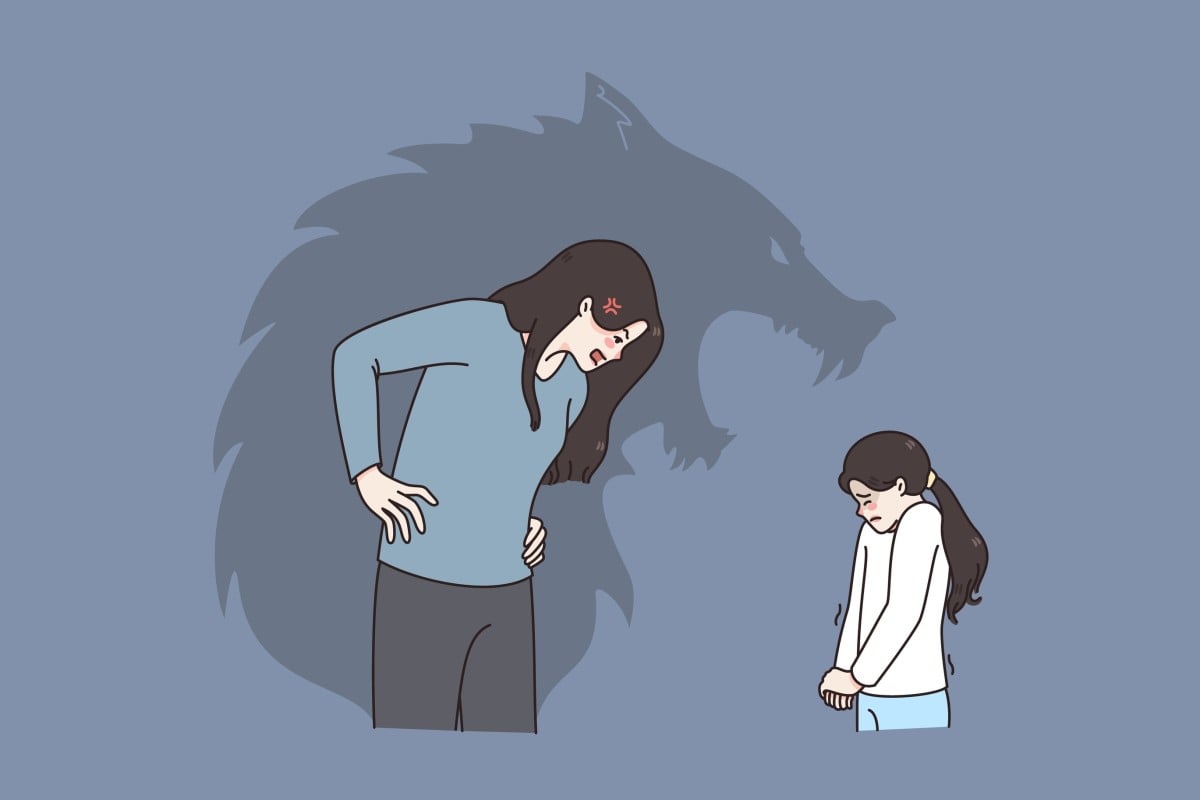
Asking for a Friend: Help! I used to be close to my aunt, but now she takes all her anger out on me. What should I do?
- Each week, we respond to a question from our readers and give advice and resources they can turn to
- This week, we help a student who wonders how to help a family member who seems to have changed
 Whatever the reasons are for a person’s anger, it’s not fair for them to take it out on you! Photo: Shutterstock
Whatever the reasons are for a person’s anger, it’s not fair for them to take it out on you! Photo: ShutterstockNeed an answer to a personal question that you’ve never mustered the courage to ask? We’ve been there. Whether it is about school, family issues or social life, share your thoughts with us. If you have a question you’d like answered (about anything at all), please fill out this Google Form. Don’t worry – you will remain anonymous!
Dear Friend,
I usually have a very good relationship with my aunt, but lately, she has been taking her anger out on me. I’m not sure what happened, but what can I do to help her?
Sincerely, Confused
Dear Confused,
You must care about your aunt a lot since you worry about her and want to help her, even when she isn’t being nice to you.
She hasn’t explained why she is feeling so angry, and her behaviour is unexpected and out of the ordinary. We imagine you must feel confused, lost, concerned, and probably wronged, as you haven’t done anything to upset her.
Before helping an angry person, you need to keep yourself safe. Try to keep your distance from your aunt when she is angry. This could help you mentally safeguard yourself and give her space to cool down; it is also hard to communicate meaningfully with someone dealing with strong emotions.
My dad gets angry when I spend too much money on food. What should I do?
We are not sure what caused your aunt’s anger, and though it is likely unrelated to you, you probably can’t do much to solve the underlying problem. But one thing you can do is attempt to understand her feelings and provide emotional support.
Anger is an intense, heightened emotion that comes with a surge of aggressive energy. It’s common for an angry person to feel like they need to be ready to protect themselves when being attacked (this doesn’t apply to just physical attacks; it’s also mental and emotional). Sometimes, a person gets angry because it is the easiest way to express themselves and to deal with a problem. They may use anger to replace other difficult feelings, such as psychological pain, loss, disappointment, jealousy, and betrayal.
Anger could also be a reaction to physical pain, fear, or frustration. It is usually triggered by something like overwhelming stress, exhaustion, failure, disagreements with a partner or children, or losing something or someone valuable.
Medical conditions such as hypertension and depression can make someone easily irritated, and it can also be a side effect of some medications.
When your aunt takes her anger out on you, stay calm and don’t take her aggressive words personally. Try talking to her openly and respectfully when she calms down or when the time is appropriate.
Tell her what you have observed; it would help if you could give specific examples of her taking her anger out on you. Communicate how you feel when she gets angry at you, your worries, and how it’s affecting you and your relationship.
If your aunt is willing to share, listen to her attentively; it will help you understand her situation more. If she isn’t comfortable sharing, respect her wishes, give her space, and let her know you are here for her if she does want to talk.
Hope that helps, Friend of a Friend
This question was answered by San Hung, a registered counselling psychologist (HKPS) in private practice in Hong Kong.